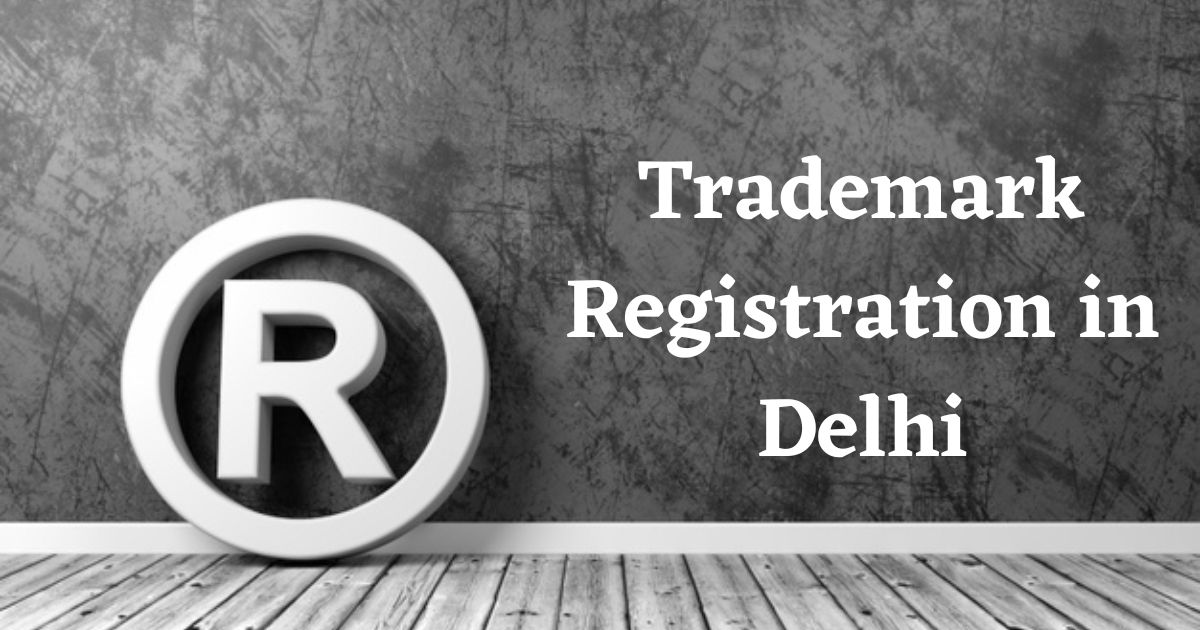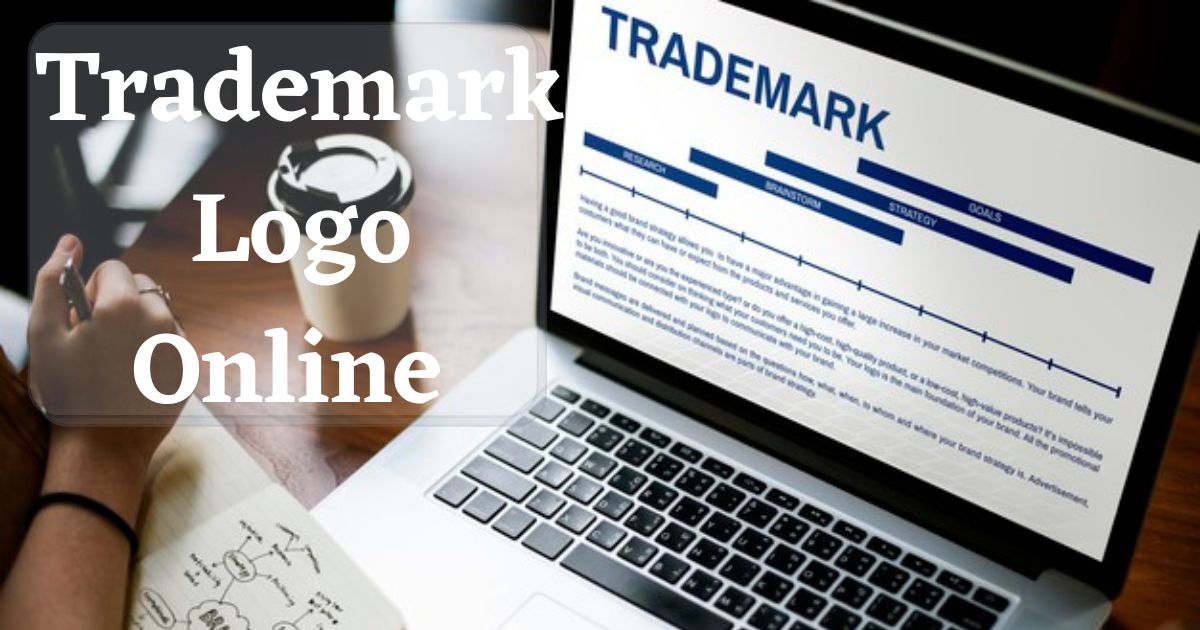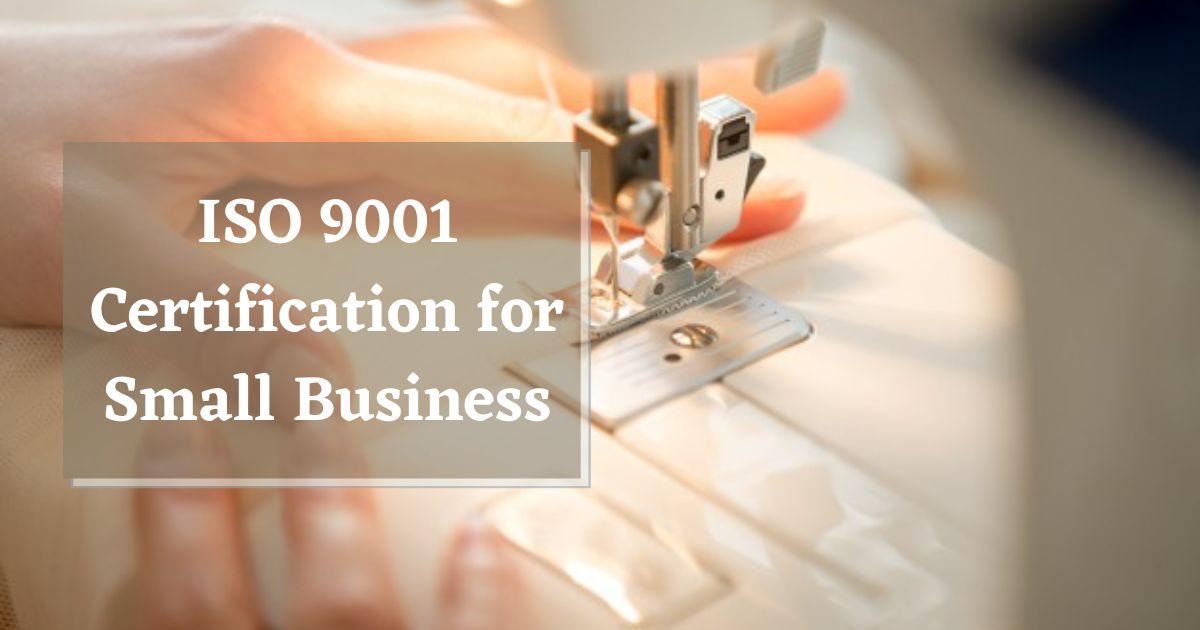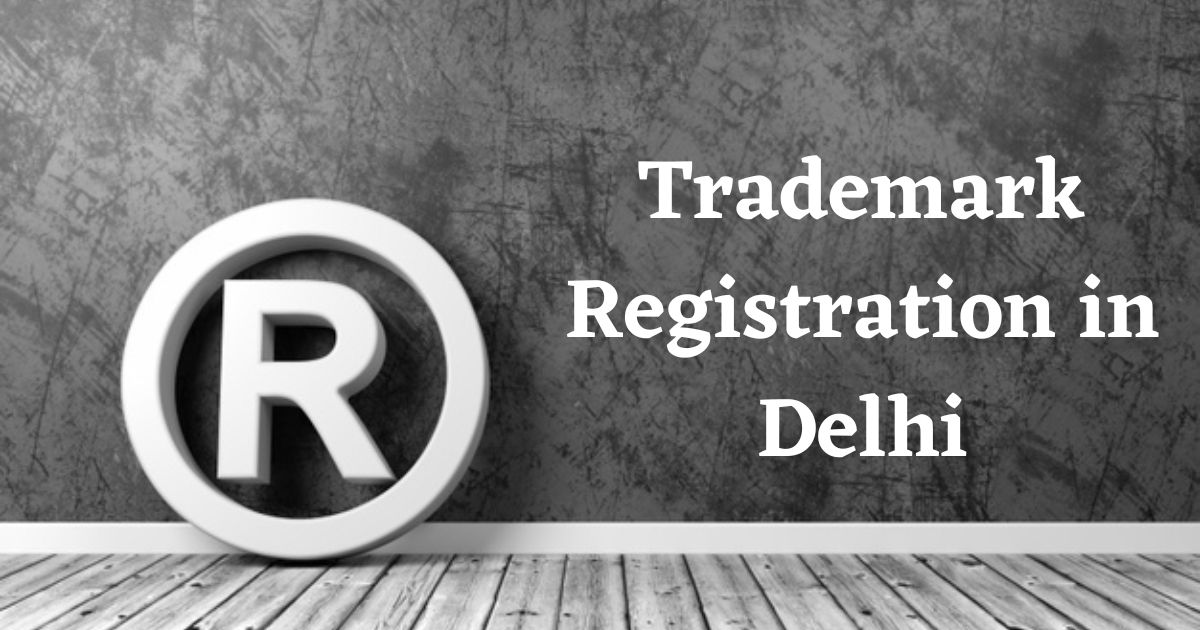One of the most neglectful things that company do when selecting a company name is that they leave it for “Another day”. “What’s there in the name?”, “It’s not a priority right now.”, and the most popular “We can choose whatever name we want”, are the very words that come out of the mouth of the heads of these companies. To them, it’s a minor matter whose importance is less than a peanut. They are wrong.
A company name is the trademark of the company. It’s the name that makes them recognizable by their consumers. It’s the very aspect that they market to the prospects to convert them into customers. Needless to say, a lot of thought has to go into choosing a company name because of the following factors:
- The trademark search tool exists that has been designed keeping in mind the importance of choosing a name.
- It’s only through trademark registration that the company’s image can be protected.
- Without a unique name, a company can cease to exist.
- Without putting a lot of thought into naming a business, a company can’t aspect to market their products and services.
Now that you know why you should care about giving your company a unique name, what are those thoughts that have to go into choosing it? In this article, we are going to tell you about the top 5 legal considerations when selecting a new trademark. Upon reading it, you’ll know how to ensure that you get trademark registration in India and keep your name safe from infringers.
Choose a distinct mark if you want to protect it
You can only get the trademark rights for your company name if it’s distinct enough from the rest. That means you can’t make use of generic words in your name that informs your customers exactly what you do. For instance, choosing the name “Drapers” is not allowed for you if selling cloths is indeed your business. However, if you’re planning to use “Jacklind” as a trademark for your cloth selling company, you can.
Trademark rights is first come – first serve phenomenon
There are many businesses that are looking for trademark registration in India. And many of them surprisingly are using the same name without the other one knowing about it. When both these companies go through trademark registration process, trademark is granted to the company that has been using the mark for longer. In simple terms, if you’re the first one to use the trademark, you are the winner of trademark rights.
It’s not always about who has been using the mark longer
While in the previous point we stated that trademark rights are granted on a priority basis, there are conditions where such matters can be ignored. For instance, if one company has been using a trademark but has not registered it, but the second company registers the same mark without using it, the second company can win the trademark rights. However, that victory is short-lived, for if the first company decides to get into the trademark registration process, the rights of the second company would be taken away.
Can’t retain the trademark rights if you don’t use the mark
There are many entities – companies and individuals – that relax once their trademark is registered. “Now we are protected” – they think to themselves. But they are wrong. Complacency is the enemy. In India, if an entity doesn’t use the trademark ithas registered for 5 continuous years, their trademark rights can be taken away by the IP Department. In simple terms, using the trademark is the only way to retain the trademark rights.
Similar trademarks can co-exist if the consumers aren’t confused
Two companies or other business entities can use similar trademarks if their usage doesn’t confuse the customers. In legal terms, it comes down to trademark class. Two companies can use the same mark for different trademark classes – the different types of businesses.
Conclusion
Those were the necessary legal considerations when you’re choosing a new trademark. For any more info, reach out to Regalguru.









